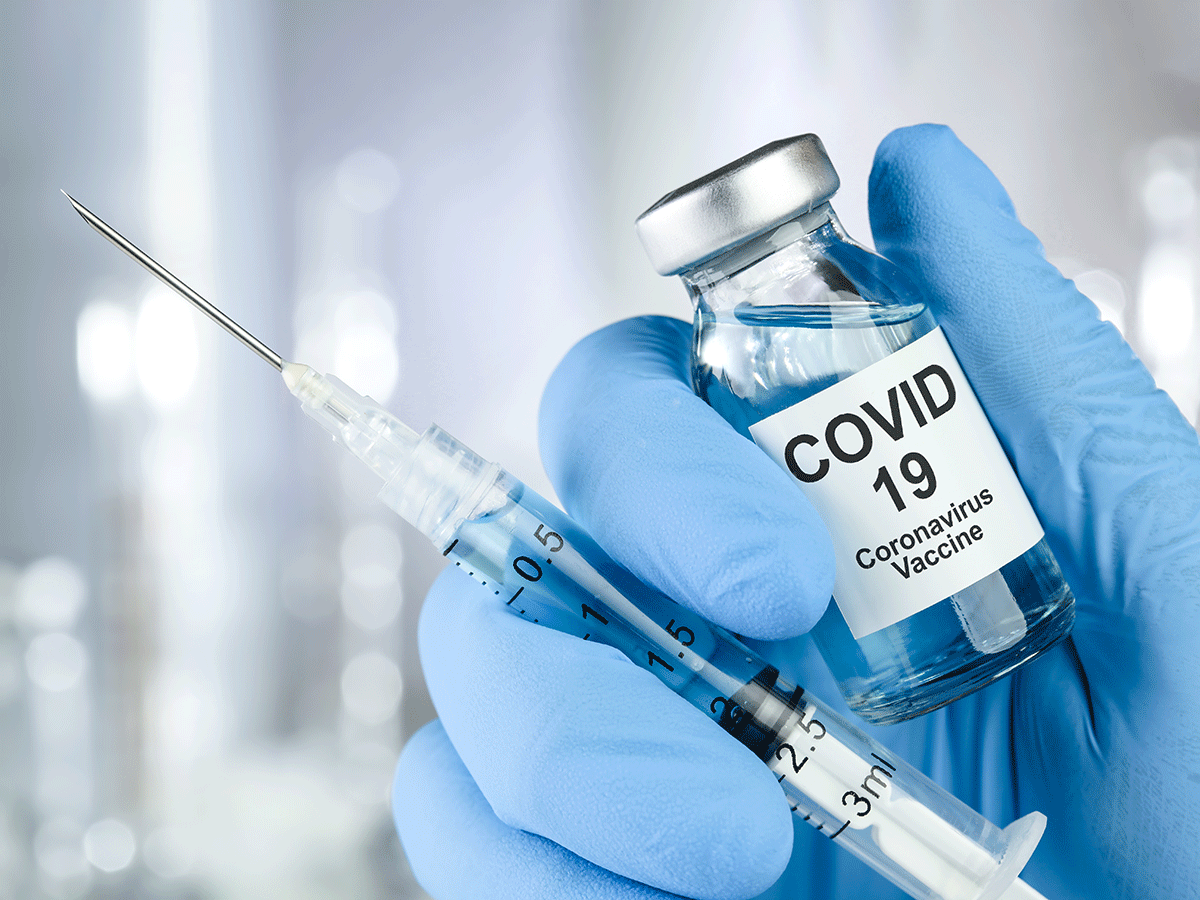
The West didn’t share its vaccines; is Omicron the result?
COVID vaccine inequality, which led to very low inoculation levels in Africa, may have triggered deadly mutants, say experts

It’s almost a year since the first COVID vaccines were introduced, and two parallel trends emerged over the period. At one end, rich European and American countries had a surplus of vaccines that allowed its citizens not only two shots each — mostly free of cost — but even booster doses. Their only problem came from vaccine hesitancy. At the other end were poorer nations — mostly Asian and African — where there were never enough vaccines.
Health authorities repeatedly urged the West, and drug majors, to make a conscious effort to inoculate the poorer nations, too. This was not only from a humanitarian point of view, but also with the aim to prevent robust mutants of the SARS-CoV-2 from triggering fresh waves of the pandemic. The emergence of the Omicron variant, and the fear it has instilled worldwide, could well be the result of vaccine inequality, say healthcare experts.
Also read: COVID vaccine makers rush to the labs as Omicron concerns go viral
As Western nations in quick succession banned air travel from South Africa and other African nations where Omicron cases have been reported, experts pointed to the futility of the measure. The very nature of a pandemic is global. As the Beta and Delta variants earlier proved, it takes no time for the virus to expand its spread. The only way out is a global inoculation drive.
Abysmal levels of vaccination
Two years into the pandemic, and about a year since the West launched robust vaccination drives for its populations, vaccines remain highly scarce in Africa. This provided a fertile ground for the COVID germ to mutate into more infectious and deadly variants, which is even suspected to be resistant to vaccines, say researchers.
As of now, around 42% of the global population and 58% of the US population are fully vaccinated, against just 7% in Africa. Even healthcare workers in the continent are under-vaccinated, said the World Health Organization (WHO) last week. “The WHO analysis, based on data from 25 countries in Africa, finds that only just more than one in four health workers — or 27% — are fully protected,” WHO African Region said on its Twitter handle, quoting Dr Matshidiso Moeti, WHO Regional Director for Africa.
The majority of #Africa’s health workers are still missing out on vaccines and remain dangerously exposed to severe #COVID19 infection.
Unless our doctors, nurses and other frontline workers get full protection we risk a blowback in the efforts to curb this disease. pic.twitter.com/PEC2L4bure
— Dr Matshidiso Moeti (@MoetiTshidi) November 25, 2021
Several Western health experts agreed. “As we gather for Thanksgiving in the US with triple vaccinated elders, rapidly approaching a year since vaccines were approved, what (a) remarkable global health failure that just 27% of African health workers have gotten vaccines. Shocking,” tweeted Matthew Kavanagh, Special Advisor, EXD, UNAIDS.
He was further quoted as saying at a lecture: “With this level of vaccine inequality, variants like Omicron are completely predictable…Boosters and travel bans will not protect Americans. We will continue to live in fear until we fix the vaccine inequalities.”
Botswana and South Africa, which reported the first documented cases of the Omicron strain, had earlier said they had difficulty in obtaining vaccine doses, and accused rich nations of hoarding the shots.
Vaccines and the progress of SARS-CoV-2
All viruses evolve and develop mutants, and the coronavirus does it rigorously. While some of its variants are mild, some are far more lethal than the first strain.
Unvaccinated populations provide fertile ground for the mutations to occur. This is because of the spike proteins in the coronavirus that enable it to attach itself to a host cell and cause an infection. The vaccines typically attack the spikes to prevent the virus from latching on to human cells.
If the person is not vaccinated, the virus succeeds in penetrating the cells and spreading rapidly. When there are changes in the replication, it leads to mutation. Mutations help the virus spread easily and gain virulence.
Why Africa got left out
COVID vaccines were developed at great speed by private pharmaceutical organisations in 2020. The governments of advanced nations struck multi-billion-dollar deals with the drugmakers to procure the vaccines. African nations, on the other hand, had to rely on supplies from organizations such as WHO.
“Wealthy countries with more supplies than they need have generously pledged to donate these doses to low- and middle-income countries via COVAX (a global COVID vaccination alliance) but these promised doses are moving too slowly. Of the 1.3 billion additional doses countries have pledged to donate, only 356 million doses have been provided to COVAX,” UNICEF Africa said.
While there is little clarity on how the outbreak of Omicron will shape the pandemic, experts say at least now rich nations should address the vaccine inequality. They can ship their surplus doses to the poor nations, offer economic aid to procure shots, and remove patents on COVID-related pharmaceutical preparations.

